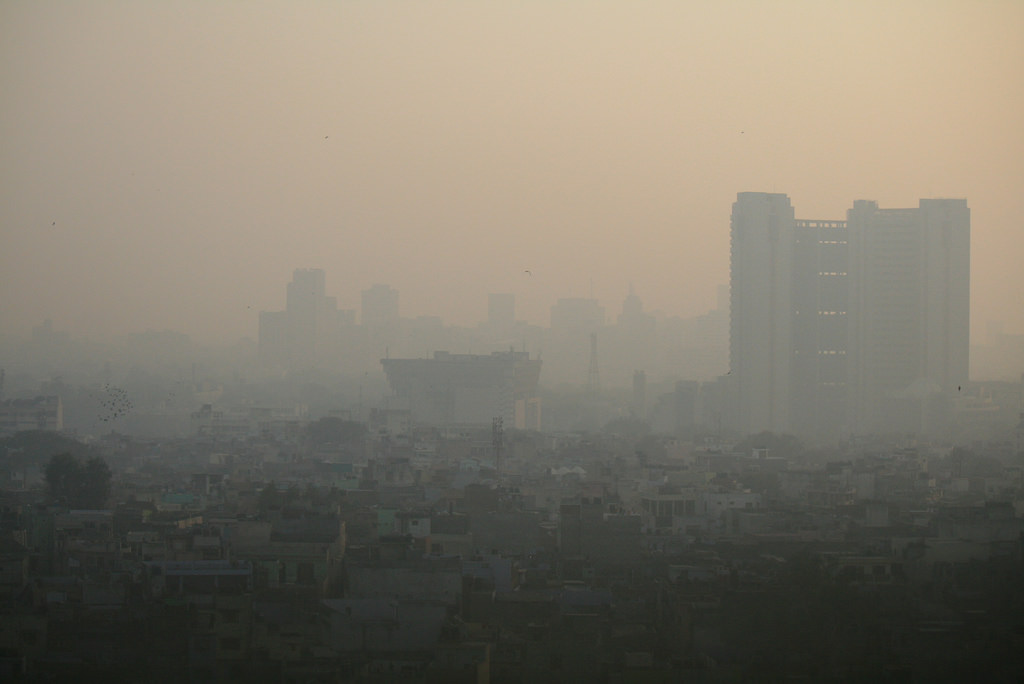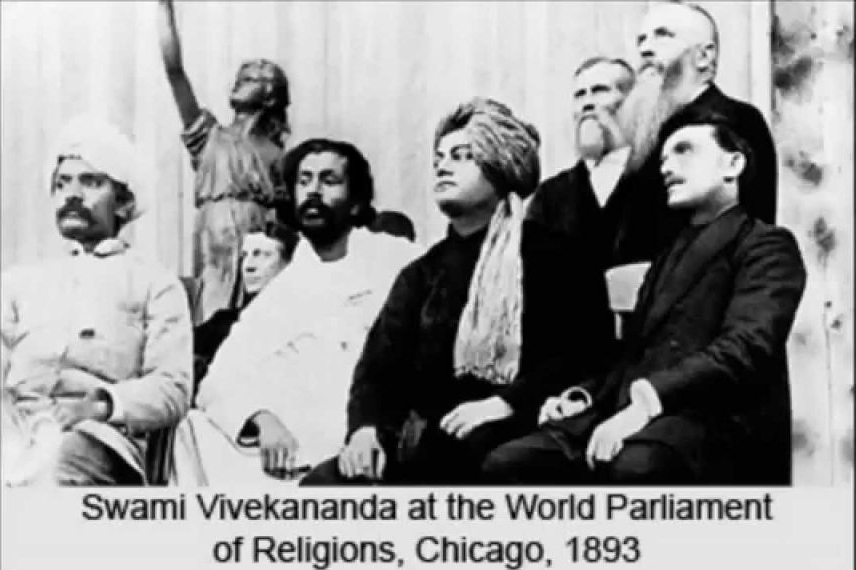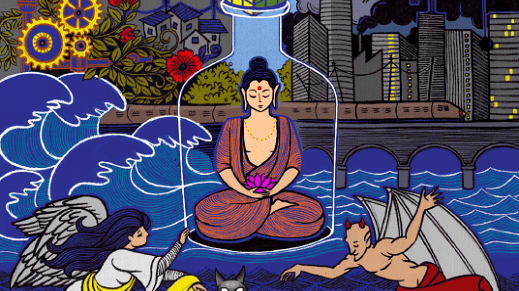The Supreme Court has prohibited the sale of firecrackers in New Delhi and NCR region and daggers have been drawn. The noise on twitter post the decision has been shriller than any of the crackers sold during Diwali season can produce. For many, like every other debate in our country today, this has become a Hindu identity versus other religions. There are others who are pitching 364 other days against this 1 day and defending the sale and usage of fire-crackers. There are also people who are rationally calling for bans on a lot of other pollutants that are more poisonous and hence more harmful. I stand by the last lot.
Continue reading “Firecrackers are Anti-Hindu, not the Supreme Court of India”













